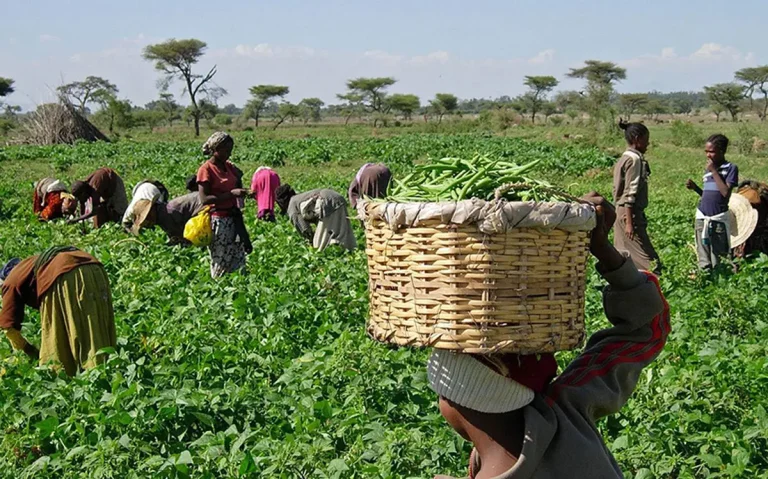ASHENEWS reports that the agricultural sector led Nigeria’s Company Income Tax (CIT) growth in the second quarter of 2024. According to a new report by the National Bureau of Statistics (NBS), this sector recorded an impressive 474.50 per cent increase on a quarter-on-quarter basis.
The report, released on Monday, September 9th, showed that overall, CIT collections for Q2 2024 totalled N2.47 trillion. This reflects a 150.83 percent rise from the N984.61 billion collected in the first quarter of the year. Local CIT payments contributed N1.35 trillion, while foreign CIT payments accounted for N1.12 trillion during the period under review.
“Agriculture, forestry, and fishing recorded the highest growth rate at 474.50%, underscoring the sector’s growing importance to the national economy,” the NBS report noted.
The financial and insurance sector also saw significant growth, expanding by 429.76 per cent, followed by the manufacturing sector, which posted a 414.15 per cent increase in CIT payments.
However, some sectors struggled during Q2 2024. “The activities of households as employers, undifferentiated goods- and services-producing activities for household use experienced the lowest growth rate at -30.22 per cent, followed by activities of extraterritorial organizations and bodies at -15.67 per cent,” the report highlighted.
In terms of contributions to total CIT revenue, the financial and insurance activities sector led with a 15.53% share, followed by manufacturing at 8.99%, and information and communication at 7.84%.
On the other end of the spectrum, some sectors made minimal contributions. “The activities of households as employers recorded a 0.00% share, while water supply, sewerage, and waste management activities contributed just 0.02%, and extraterritorial organizations added 0.03%,” the NBS reported.
On a year-on-year basis, CIT collections for Q2 2024 increased by 59.52 per cent, up from N1.55 trillion in Q2 2023. This growth reflects a broader economic recovery and increased activity across key sectors of the economy.


